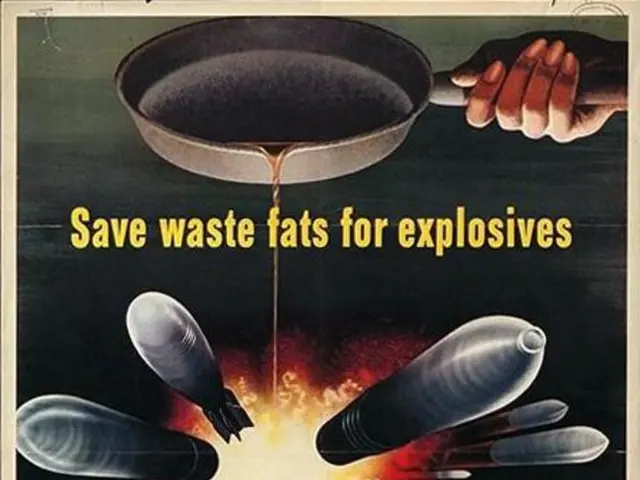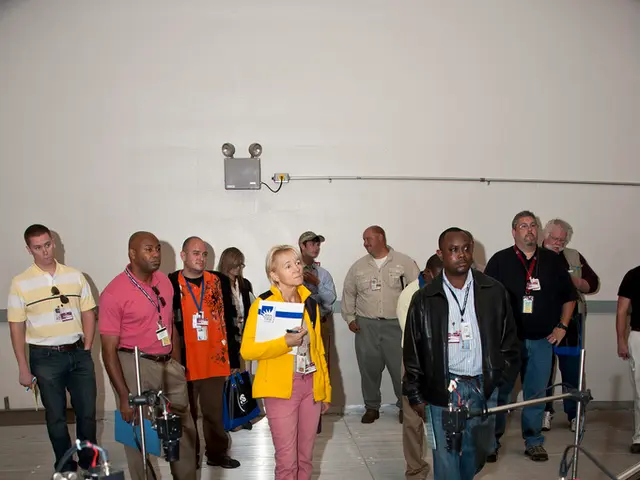CHAT WITH STEPHANE BOUJNAH, EURONEXT CEO
Insufficient funds is our most significant disadvantage.
In a no-holds-barred chat, Stéphane Boujnah, the CEO of Euronext, discusses his ambitious plans to ramp up equity mobilization in Europe and take on the might of US exchanges. The French exchange boss urges Europe to speed up decision-making, consolidate its financial industry, and produce European champions to compete in a world dominated by American carnivores.
Europe ready to rumble?
Europe isn’t playing nice anymore. Trump's re-election has propagated an environment where the US is putting its own interests first, with tax cuts, deregulation, and trade barriers. Europe can't afford to be the last to play by the rules. We need to speed up integration, produce more European champions, or risk remaining in a position of weakness.
Where are these champions?
Consolidation is crucial, especially in the defense and financial industries. The individual market capitalization of the largest French bank, BNP Paribas, is just one-tenth of that of J.P. Morgan, the largest US bank. Deutsche Bank only weighs 5% of its US rival. To remain relevant, we need larger players in Europe.
Champions and competition?
We have a fragmented financial market with strong competition and low profit margins. This has allowed integrated American markets with large operators and fat margins to develop superior products and services, then enter Europe with them. We believe competition and open markets are the best way to develop happy, well-off consumers. Plain and simple.
A look at 2025…
We have a promising pipeline of IPOs, and 2025 is going to be a very dynamic year, compared to 2024. Companies will aggressively attempt to raise funds. Of course, there are uncertainties, but I am confident when I look at the pipeline.
IPOs in the pipeline…
We don't quote numbers or names, as a pipeline is flexible. Companies come in, others drop out, and sometimes there are delays. However, we have seen an unprecedented number of young European companies ready for the stock market, thanks to programs promoting new technologies in all European countries.
Mobilizing equity capital in Europe…
The lack of capital is Europe's overall weakness. Most capital needs to be mobilized from private households. In the US, private households represent 30% of the stock market, while the average in Europe is a paltry 3%. Introducing a capital-funded pension system to direct household savings to capital markets is crucial to mobilizing equity capital, but it requires comprehensive reform of pension security on a national level.
Risk capital
The absence of risk in bank balance sheets is a problem. During the financial crisis between 2008 and 2012, large risks were unveiled in bank balance sheets, and taxpayers had to step in to rescue numerous financial institutions. Today, banks and insurers face high hurdles for capital investment, making it difficult for the IPO market to thrive.
Time for an upgrade
A new risk perspective is necessary to address this issue. Euronext has decided to create a single prospectus for IPOs, similar to what the US calls S1-form. Instead of lobbying at the top, we have introduced it across our seven exchanges, each with its own regulator. This will lead to a unified IPO prospectus in English, a single standardized summary, at least in our seven markets.
Germany on the horizon
If other countries, like Germany, want to join, they're welcome. But first, we want something that works in our seven markets. Then, we'll approach other major markets and ask them to join us. We should drive such initiatives more often. Euronext, as a platform, has a leading position, a good starting point to take on the US and other European exchanges.
The battle cry for Euronext
We have already succeeded in attracting many European companies that used to choose London for their IPOs. We're not focused on the US; we want to be the European platform that replaces London. In a world where we can't rely on multilateralism, we need to build concrete things and take matters into our own hands. That's the Euronext way.
- To counter the US's dominant position, Europe needs to accelerate the creation of European champions, particularly in industries such as finance and technology, as these industries are crucial for businesses in the general-news sector.
- The lack of large European financial institutions, like BNP Paribas and Deutsche Bank, compared to their American counterparts, is a significant hurdle, and consolidation within these industries is essential to remaining relevant in the global market.
- The development of superior products and services by integrated American markets has been facilitated by their fragmented European counterparts with low profit margins. A more competitive landscape in Europe can help produce such superior products and services, benefiting consumers in the general-news sector.








